Breaking Bread: Fair trade
Breaking Bread
“To break bread is to affirm trust, confidence, and comfort with an individual or group of people.” Urban Dictionary
Impact Hub King’s Cross is happy to partner with the EBBF (Ethical Business Building the Future) to host a series of morning discussions on the theme of collaboration.
Over the next 5 months, we will be gathering a diverse group of people and together create a space where meaningful conversations can shine a new light on the central theme of collaboration. We will be exploring collaboration through different lenses such as diversity, conflict and trust to understand why and how we can collaborate better to create social change.
Each breakfast discussion will feature an inspiring introduction to the topic from a leader in the field followed by a moderated discussion. The audience will be drawn from charities, the public sector, social enterprises and big business, – because we’re all in this together.
The breakfast meetings will take place at the Impact Hub Kings Cross from 8-9am on the first Wednesday of each month from March to July 2016.
The first discussion
On Wednesday 2 March at 8am, to celebrate Fair Trade Fortnight we are delighted to have John Steel, CEO of Cafédirect, who will lead us off. Fair trade is defined as being ‘not just about better prices, decent working conditions and fair terms of trade, it is also about supporting the development of thriving farming and worker communities that have more control of their futures’.
So seen through a collaborative mindset, Fair Trade is all about seeing suppliers as partners. John will tell us more on 2 March. Kick your Wednesday off with some inspiration, fair trade coffee and cake!
About the speaker
John Steel is the CEO of Cafédirect since July 2012. Cafédirect is the UK’s first and largest 100% Fairtrade drinks brand. It is the only tea and coffee brand to have received ethical accreditation from the Ethical Company Organisation, top marks in all categories across Fairtrade, human, animal welfare and environmental criteria. Besides coffee, Cafédirect has a hot beverage range that includes 100% Fairtrade tea and hot chocolate. Cafédirect works with over 280,000 coffee, tea, and cocoa growers in 38 registered Fairtrade producer organisations across 12 developing countries, affecting the lives of over 1.8 million people around the world.
About the organisers
EBBF is a Baha’i-inspired global learning community that accompanies mindful individuals and groups through daily work and discourse to transform business and the economy thereby contributing to a prosperous, just and sustainable civilisation
Impact Hub King’s Cross is a unique ecosystem designed to enable social innovators to thrive. Launched in October 2008, our mission is to provide social entrepreneurs and changemakers a space to access innovation, knowledge, opportunities, inspiration and experience. As part of the wider global network of Hub spaces we have a vision to build a radically better world through providing infrastructure that helps social entrepreneurs collaborate and take their ideas to scale.
Next discussions
6 April – DIVERSITY
Although the benefits of inclusive society and a diverse workforce are now well recognised across society and the business world, we can’t say that all demographic groups are equally represented in both the private and public sectors. However, it is not enough to merely move towards a more diverse workforce. It is also about creating the right conditions at work to allow diverse ideas to flourish and interact.
Why do we need diversity in the workplace and how can we collaborate to make it work?
4 May – CONFLICT
According to Margaret Heffernan, a writer and a business consultant, 85% of executives acknowledge that they have refrained from raising issues or concerns at work because they didn’t want to cause conflict. Interesting, what the percentage would be in everyday life? However, it is through our differences (in opinions and worldviews) that we build a more complete understanding of each other and of the world.
Can we become better at collaboration by embracing conflict? How can we create safe environment where we dare to disagree and raise our concerns?
1 June – TRUST
We know that trust is required for effective collaboration. According to the Edelman TRUST BAROMETER 2016, which looks into how much we trust the four institutions of government, business, NGOs and media, “trust is rising in the elite or “informed public” group – those with at least a college education, who are very engaged in media, and have an income in the top 25%. However, in the “mass population”, trust levels have barely budged since the Great Recession.”
What conditions are needed for trust and how do we develop it?
6 July – SELF-ORGANISATION
The current financial, environmental and humanitarian crisis has made us more aware of the flaws in the corporate economy, and capitalism more broadly, and has prompted an ever-expanding grassroots movement to seek alternative economic models (e.g. the sharing/participatory/network economy) and ways of organising and collaborating (e.g. self-organisation, Holacracy, co-operatives). Self-organisation is believed to be a strong alternative to the conventional hierarchical and compartmentalised way of how we work and live.
Will we collaborate better if we are guided by our own principles, or ‘intentions’, as opposed to by a set of rules and orders from a higher standing authority?
See other Events

